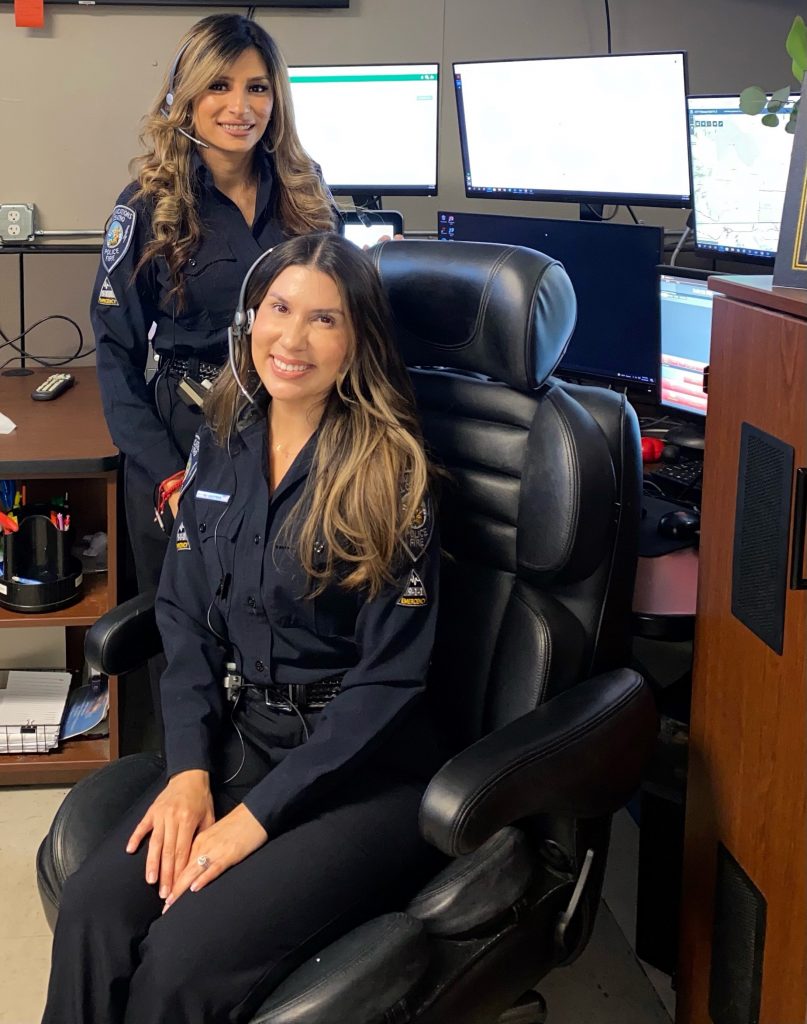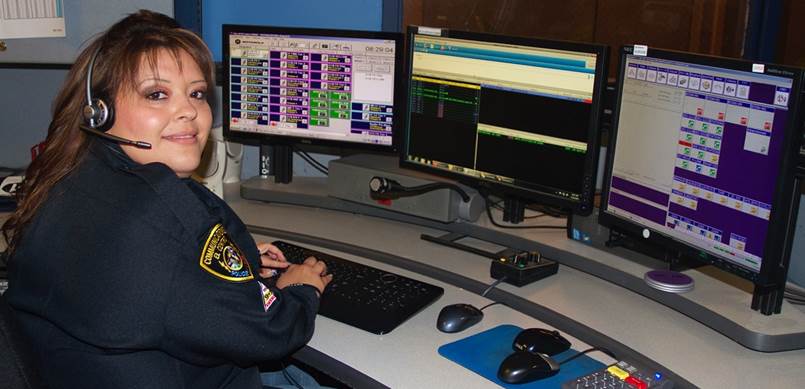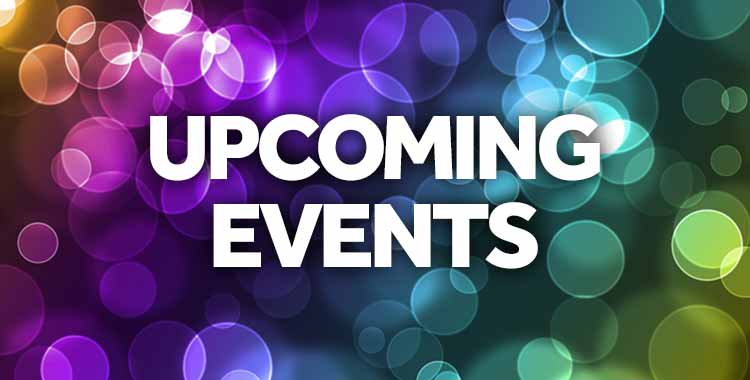
Overview
The El Centro Police Department Communication Ceneter operates 24 hours a day and is responsible for all incoming calls reference police and fire services, including all 9-1-1 calls. The duties of the police and fire dispatcher include, but are not limited to CLET’s entries, dispatching field units to calls for service, and assisting other agencies. We are here 24 hours a day to assist you with requests for police or fire service questions. Our main 24 hour number is: (760) 352-2111.
If you have a life or death emergency, please call 9-1-1. You can call 9-1-1 from your cell phone no matter your location. Please remember that you must always tell the disptacher the location of the emergency. We want to know where to send you help.

FAQ’s:
1. What happens when I call 9-1-1? All 9-1-1 calls within the city limits of El Centro are routed to the El Centro Police Department. The dispatcher will evaluate the caller’s needs and send the appropriate help (e.g. police, fire, ambulance).
2. What do I say when I call 9-1-1? The types of questions you should be prepared to answer include: -Is this a police, fire or medical emergency? -Where is the emergency? -What is occuring? -When did this occur? -Do you have any suspect and/or suspect vehicle descriptions? -Are there now or were weapons involved? (gun, knife, stick, etc.) You will be asked to give your name, address, and telephone number (annonymous calls are accepted). If you are safely able to do so, remain on the telephone to provide additional information as requested.
3. What if I dial 9-1-1 by mistake? Whether you call 9-1-1 on purpose or by accident, the dispatcher will receive your caller information even if you hang-up for before the line is answered. The dispatcher will immediately call you back and inquire if an emergency exists. If the line is busy or not answered when the dispatcher attempts to call, an officer will be dispatched to the address from which the call originated to “check the welfare” of the residence or business.
If you dial 9-1-1 in error, please remain on the line and advise the dispatcher that you have made a mistake.
4. What about 9-1-1 and cell phones? For many, the ability to call 9-1-1 for help in an emergency is one of the main reasons they own a cellular phone. Other cellular 9-1-1 calls come from “good Samaritans” reporting traffic collisions, criminal activity or other emergencies. While cell phones can be an important public safety tool, they also create unique challenges for public safety, emergency response personnel and wireless service providers because of their mobility. *Tips for Cell Phone Users When calling 9-1-1 from your cell phone, be prepared to state the location of your emergency, your cell phone number and the nature of your emergency. This information is essential to providing emergency help and is vital in the event of phone signal interference or premature disconnection. Wireless 9-1-1 is an important safety tool. However, if you do not know your location, public safety personnel will be delayed in providing assistance. Every second counts in an emergency. The following instances are examples of when it is most appropriate to call 9-1-1 from your cell phone: *Life threatning medical emergency*Crimes in progress *Reckless or suspected drunk driver *Traffic collision with injuries*Any type of fire (vehicle, structure, etc.) *Traffic hazard blocking the roadway


